Opinion: Android Consoles – Are These the Droids We’re Looking For?
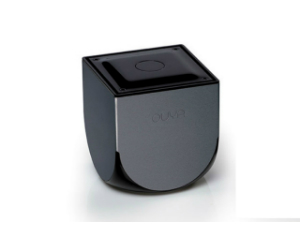 The first thing that needs to be addressed when talking about the upcoming Android Consoles is what exactly an ‘Android Console’ is. It would seem like a basic idea, a console that runs some version of Google’s Android operating system, but the version of Android that’s often installed onto these systems are often changed so much that it can barely be called a version of the popular operating system any more. The only real way to define these up-and-coming console as ‘Android’ is down on a programming level, that the applications that have been developed for the various Android devices that are currently on the market will be have the ability to run on the new console. There are a couple of devices currently on the horizon that could be deemed an ‘Android Console’, some of them are more popular than others but, for the purposes of this article, we’ll focus on just three of them, OUYA, PlayJam’s GameStick and Nvidia’s Project Shield.
The first thing that needs to be addressed when talking about the upcoming Android Consoles is what exactly an ‘Android Console’ is. It would seem like a basic idea, a console that runs some version of Google’s Android operating system, but the version of Android that’s often installed onto these systems are often changed so much that it can barely be called a version of the popular operating system any more. The only real way to define these up-and-coming console as ‘Android’ is down on a programming level, that the applications that have been developed for the various Android devices that are currently on the market will be have the ability to run on the new console. There are a couple of devices currently on the horizon that could be deemed an ‘Android Console’, some of them are more popular than others but, for the purposes of this article, we’ll focus on just three of them, OUYA, PlayJam’s GameStick and Nvidia’s Project Shield.
This article hopes to clear up some of the confusion over Android Consoles, answer the question about what they are as well as what they can bring to the rapidly increasing world of video games. If you haven’t made a decision about which side of the fence you’re on after you’ve finished the article, then I haven’t done my job properly.
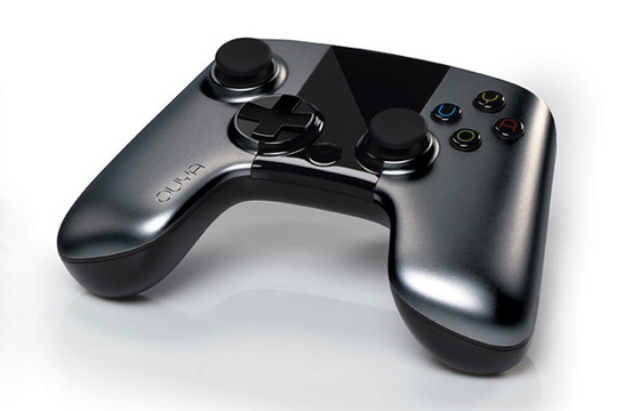
A lot of people’s first questions, especially this year, will be whether or not we even need another type of home console in our lives. We recently got the Wii U – however popular that happens to be – and last month we were introduced to the PlayStation 4. There’s every indication that Microsoft is set to revealed their next generation console – whatever they decide to call it – at a rumoured press event at the end of April, so will another selection of consoles be too much?
My personal opinion is that it won’t be. Mobile gaming is where the video game scene has been moving towards for the past couple of years, with the emergence of smart phones, the App Store and Google Play. Having a selection of consoles that connect to our TVs at home, complete with a standard controller, allows developers of those mobile games to take what they’ve learned from the mobile space and transition that into something that looks more like a traditional home console experience. Other aspects of the mobile gaming area could also be easily transferred to these new types of home console too, ideas such as free-to-play is difficult to do on the closed systems of the Xbox and PlayStation but would fit perfectly onto the Android Consoles. If the free-to-play models goes even further – as it looks like it could – then the upcoming Android Consoles could be perfectly poised to take the spotlight, especially for casual gamers who don’t necessarily want to spend upwards of £40 to get the latest AAA game.
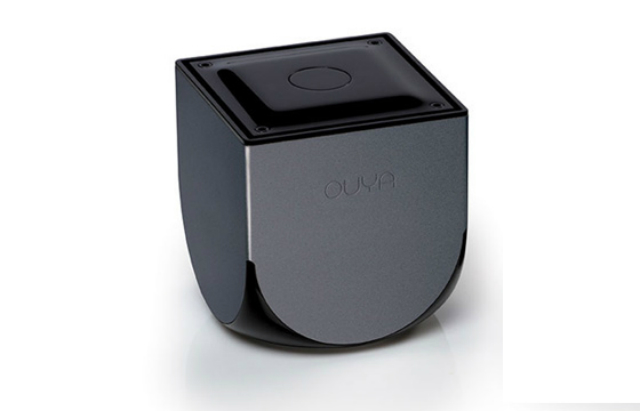
There are positives about the Android Consoles, but there are also potentials downsides, as there are with everything. The first major downside is that it would be massively tempting for developers who already have an application on the Google Play store to re-release an updated version of their application for the new consoles and attempt to quickly cash in on the popularity. There are companies who we can expect to do it, whether it looks like a quick cash grab or not, Rovio probably already have a working version of Angry Birds, EA will more than likely release some form of the next FIFA game on them too, I also wouldn’t be surprised if Call of Duty doesn’t find it way on there in some way or another too. Some companies you almost expect it from but hopefully the people that usually come up with well thought out applications and business models don’t attempt a quick cash grab. Only time will tell though.
The other danger is coupled with the fact that the upcoming ‘Android Consoles’ are releasing so close to each other. Only a select few people are going to see the differences between the three and purchase all of them for their different reasons, most people are going to pick the one they like the look of most and stick with that. Are they wrong for doing that? Absolutely not, they all have inherent similarities such as the use of the Android operating system, and it’s not unlikely that games released for one will eventually see a release on the others, but by being closely related on the surface, and releasing so close to each other, they are running the risk of diluting the market and causing confusion among the casual gamers that an Android Console would primarily be targeted towards.
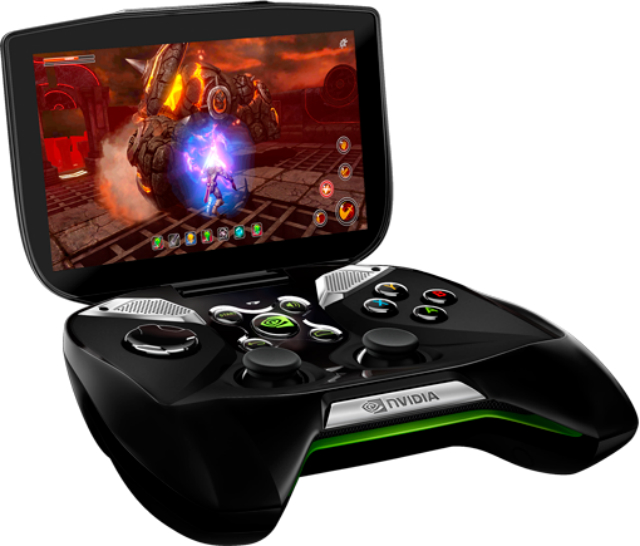
For the couple of downsides however, which are mostly centred around how companies will use the new products, there are a substantial amount of benefits, especially for indie developers. One of the major upsides to the Android operating system on the whole – and something that has always been the case – is just how open it is. Anyone can download the Android SDK and get to work developing the next big thing. It has already said that any of the OUYA consoles that people buy can be used as a development kit, which would open up the consoles to the indie game scene more than any other console that has come before it. Indie developers will be able to safely assume that people playing their game will have a controller in their hand, and will be playing their game on a big screen TV, allowing them to develop their title according. If you’ve read my Mobile Monday column then you’ll be well aware that on-screen analog stick are the bane of my life when it comes to the indie games that are currently available on Google Play, so the idea of being able to play some of the great ideas that come out of that scene, but with a full controller in my hand, increases my excitement tenfold.
That’s the OUYA and GameStick covered, which both have, more or less, the same problems and benefits, but we haven’t really talked about Nvidia’s Project Shield, which has a set of benefits all of its own that the other Android Consoles don’t even touch upon. One of the biggest selling points of Project Shield is that, with a compatible Nvidia graphics card inside your computer, it can stream the game from your PC to the device and allow players to play their PC games in a handheld format. Videos that have already been released have shown Project Shield running both Borderlands 2 and Assassin’s Creed III, both with good-looking visuals and at a good frame-rate. This is an exciting prospect for people that enjoy PC gaming but no longer want to feel shackled to their desks in order to play them. Now, with Project Shield, players will be able to sit in front of their TV and output the streamed game from the device to their TVs. If the TV is currently being used, that’s not problem either, you can just play the game on the built-in five inch touch-screen display. Project Shield also runs on a modified Android operating system – as you would probably guess by its inclusion in this article – so it’s not far-fetched to assume that it would be able to play any of the games released on the OUYA or GameStick without any problems. Project Shield will run on Nvidia’s recently announced Tegra 4 quad-core processor, which is capable at running at 1.9Ghz; not too shabby for an Android device that will more than likely be used primarily to stream games which are being run on an entirely different system.
It’s pointless to speculate on the future of the Android Consoles when none of them have even been released yet, but let’s do so anyway. Assuming that the venture is a success for all companies currently involved it wouldn’t be unreasonable to assume that many more companies will attempt to enter the fray and grab themselves a piece of the pie. We’ve seen the same thing happening with the Android operating system with mobile phones, and with the increasing popularity of casual games, so why shouldn’t every company under the sun want to get one of their devices into your living room, all running their own, slightly different version of Android and attempting to sell you services in their own discreet way. Amazon’s Kindle already runs a modified Android OS, so I wouldn’t be surprised at all if the electronic retail giant announced an Android Console that also allows people to watch films and TV shows on Amazon Instant Video as part of the package along with the various games already available on the Kindle. Apple will probably open up their already popular Apple TV to third party developers, releasing some kind of controller to go along with it, and there are a multitude of other companies who could potentially jump on the bandwagon if things go well. Then there’s the AAA developers who will no doubt find a way to start releasing games on the systems knowing that the end-user will have a controller in their hands and will have the opportunity to be playing the game on something other than a five inch screen (unless they want to, with the case of Project Shield). Then again, however, things might not go well at all and it could just be a fad that people are getting excited over for nothing. Again, time will tell.
Should we all be excited about the upcoming Android Consoles? In a way, yes, even if it fails, it tells the video game industry something new, and we can all work towards something different. Whether it’s a good idea or not, it’s something different and innovative and you never know if it’s going to be something good until people have the chance to use it. Even Facebook, when it was first released and was only accessible by people in universities and colleges, was considered niche and more than a little bit weird, but now almost everyone on the planet has a profile and Facebook themselves are placing themselves in the gaming scene with multiple amazing looking games on the horizon. So when it comes to the question of whether or not people will be exited about Android Consoles or not, the answer is always going to be “yes”. Something new in the gaming world is always exciting, whether it’s good or bad.
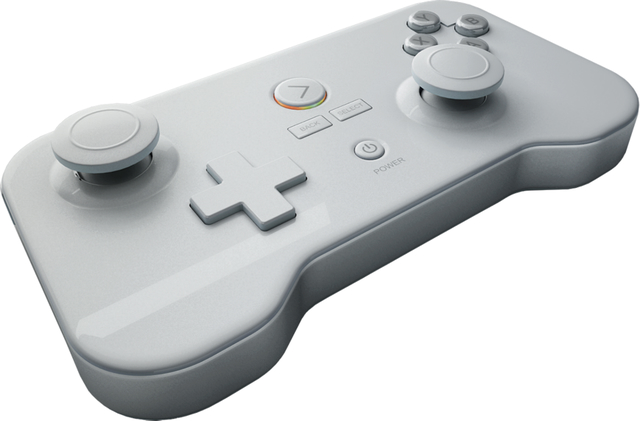
The question I can answer without a shadow of a doubt, however, is whether or not I’m excited personally. Absolutely. As a gamer I’m exited because of the possibilities when it comes to the indie games I’ll be able to play, the potential for AAA developers to get in on the action and create something truly special. As someone who has a background in development I’m excited because I might finally be able to create a game that can be played on a big-screen TV for use with a controller without having to pay Microsoft’s ridiculous developer fee. Even as someone who just likes new things I’m excited too because, well, it’s new.
As for which one I’ll be getting, Project Shield, OUYA or GameStick. The answer to that is the simplest yet. All three, for reasons that I’ve previously mentioned, and for ones that I’m yet to discover. Are these the droids we’ve been looking, been waiting, for? I certainly hope so.





